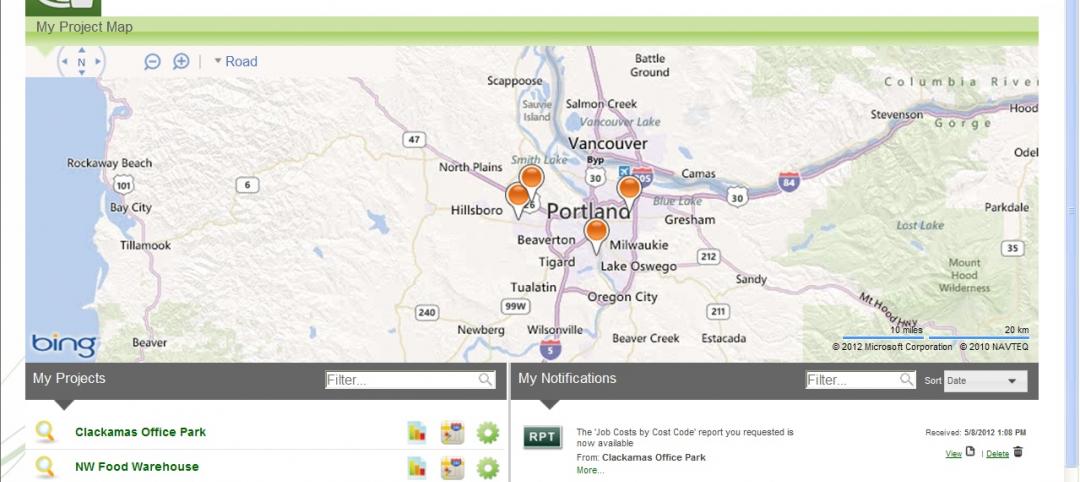If AI-driven machines can defeat the world’s greatest chess players and, even more improbable, the globe’s premier Go strategist, what chance does a college dropout have against machine learning technology? Slim to none, predicts one university research director.
Sudha Ram, a Professor of Management Information Systems and Director of the Center for Business Intelligence and Analytics with the University of Arizona, is leading a research project at UA that aims to prevent college dropouts from dropping out in the first place.
Ram’s efforts are nothing new for U.S. colleges and universities. Many schools use predictive analytics to help reduce freshman attrition rates. UA, for example, already tracks some 800 data points toward this effort. What makes Ram’s research unique are the types of data being collected and how those metrics are analyzed to more effectively identify at risk students.
The first several months of freshman year are the most harrowing for students. Colleges and universities know this. They also know that there are a number of early indicators for students who are most at risk for leaving after their first year. Most obvious are first-semester grades, financial aid activity, and students’ participation in course management systems. But even that information may come too late to make a difference. (Research suggests that most freshman make the decision to leave school within the first 12 weeks.)
Less evident but infinitely more powerful, says Ram, are social- and behavioral-related metrics such as shrinking social networks, fewer social interactions, and less-established routines.
Ram’s stockpile of student activity data comes from the university’s ID card tracking system, which collects information on everything from what students buy and eat to the buildings and spaces they frequent. Using large-scale network analysis and machine learning techniques to crunch three years worth of ID card usage data, Ram is able to piece together complex behavioral patterns for both student groups and individuals.
For example, if student A, on multiple occasions, uses her ID card at the same location and time as student B, it stands to reason there is social interaction between the two. When extrapolated over time, detailed behavioral and social patterns emerge.
By tracking changes to these patterns over time, Ram has been able to accurately predict freshmen dropouts at an 85-90% rate, up from the university’s current success rate of 73% using traditional metrics.
The findings show promise for the use of machine learning methodologies and big data analytics in the AEC industry and real estate sector. For example, a similar approach could be applied to commercial office buildings, to identify tenants that are most at-risk for not renewing their lease.
Related Stories
| May 24, 2012
2012 Reconstruction Awards Entry Form
Download a PDF of the Entry Form at the bottom of this page.
| May 23, 2012
New hospitals invest in data centers to manage growth in patient info
Silver Cross became one of the first hospitals to install patient tracking software so families know where a patient is at all times. New communication equipment supports wireless voice and data networks throughout the hospital, providing access to patients and their families while freeing clinicians to use phones and computers where needed instead of based on location.
| May 21, 2012
$61,000 awarded to students in Cleveland’s ACE Mentor Program
Mayor Frank G. Jackson gives keynote address at scholarship event for 80 Cleveland Metropolitan School District students involved in the ACE Mentor Program, which provides guidance and assistance for students interested in careers in the integrated construction industry.
| May 14, 2012
SMPS and Deltek announce alliance
A/E/C industry leaders partner to advance technology’s role in design firm marketing and business development.
| May 14, 2012
ArchiCAD e-Specs integration unveiled
Architects, engineers and construction professionals use InterSpec’s e-SPECS products on thousands of projects annually to maintain synchronization between construction models, drawings, and project specifications.
| May 9, 2012
International green building speaker to keynote Australia’s largest building systems trade show
Green building, sustainability consultant, green building book author Jerry Yudelson will be the keynote speaker at the Air-Conditioning, Refrigeration and Building Systems (ARBS) conference in Melbourne, Australia.
| May 7, 2012
2012 BUILDING TEAM AWARDS: TD Ameritrade Park
The new stadium for the College World Series in Omaha combines big-league amenities within a traditional minor league atmosphere.
| May 2, 2012
Trimble acquires SketchUp 3D modeling platform
The transaction is expected to close in the second quarter of 2012.
















